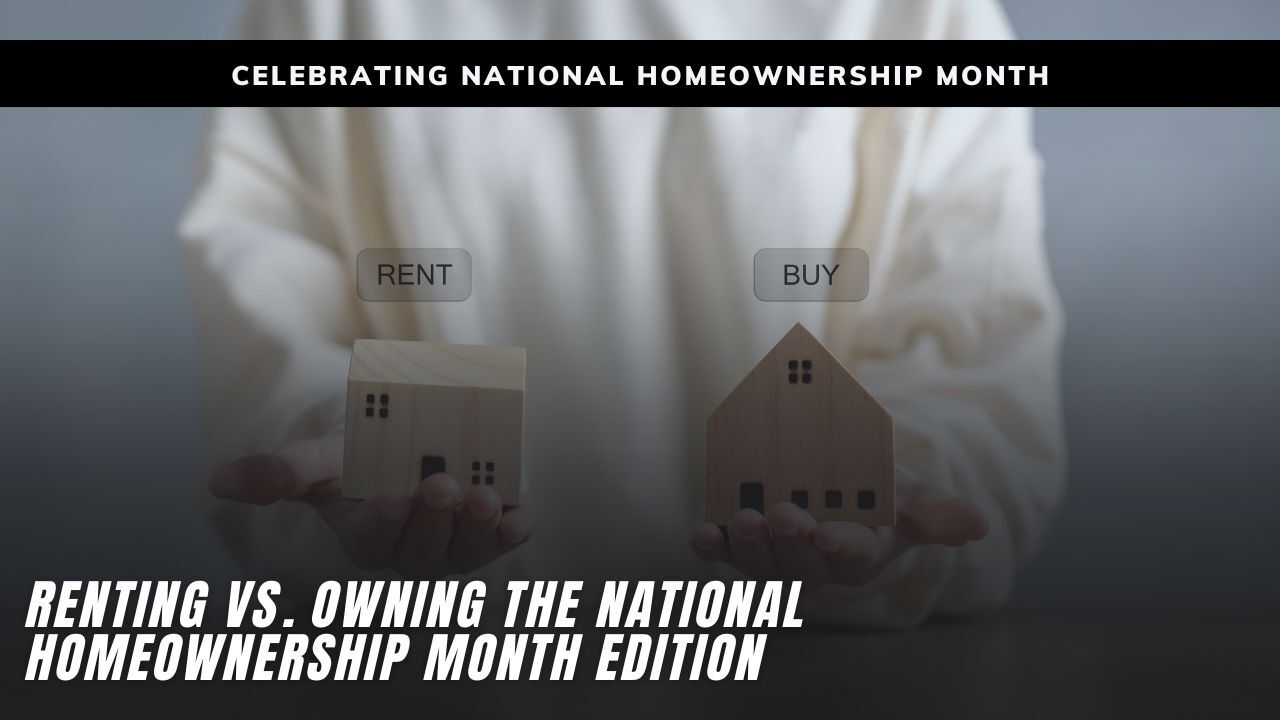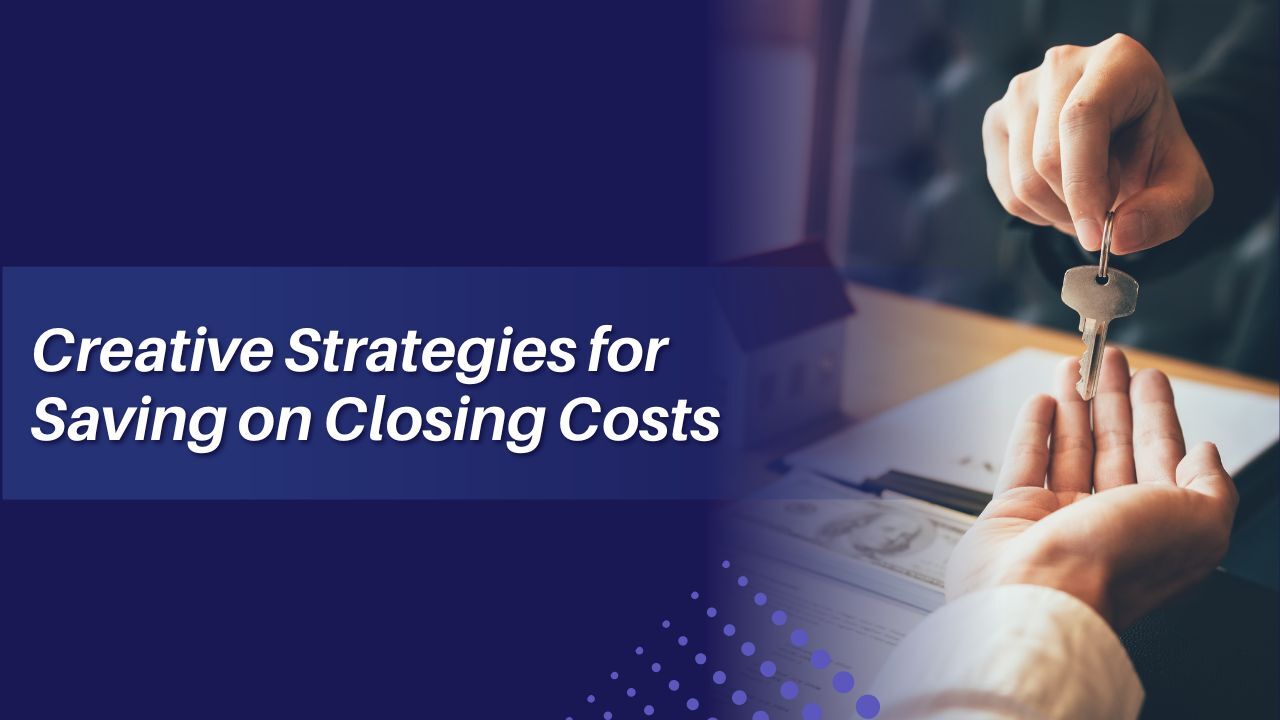How Homeownership Builds Generational Wealth – A Message for National Homeownership Month
 June is National Homeownership Month, a time to celebrate the lasting impact that owning a home can have on individuals and families. One of the most powerful benefits of homeownership is the ability to build equity. As you make mortgage payments, you are gradually increasing your ownership stake in the property. This equity becomes a form of forced savings and can be used in the future for things like education, home improvements, or retirement. Unlike rent, which builds no future value, mortgage payments create wealth over time.
June is National Homeownership Month, a time to celebrate the lasting impact that owning a home can have on individuals and families. One of the most powerful benefits of homeownership is the ability to build equity. As you make mortgage payments, you are gradually increasing your ownership stake in the property. This equity becomes a form of forced savings and can be used in the future for things like education, home improvements, or retirement. Unlike rent, which builds no future value, mortgage payments create wealth over time.
Appreciation Adds Long-Term Value
In addition to building equity, homes tend to increase in value over time. While housing markets may experience short-term fluctuations, real estate has historically appreciated over the long run. That increase in value can significantly boost your net worth. When it is time to sell or refinance, the appreciation can turn into real dollars that provide financial flexibility and long-term opportunity.
Leverage and Financial Growth
When you buy a home, you are leveraging a relatively small amount of money to purchase a much larger asset. For example, with a small down payment, you are able to control the full value of the property. As that property appreciates, your return is based on the full value of the home, not just your initial investment. This kind of financial leverage is a major reason why homeownership is such an effective wealth-building tool compared to renting.
A Legacy for the Next Generation
Homeownership is also a way to create financial security for future generations. Passing down a home to children or grandchildren can provide them with a strong start in life. Even if you choose to sell the home later, the equity gained can help fund education, support a family business, or assist with a loved one’s home purchase. That ability to pass on value is what turns homeownership into a legacy.
More Than Just Money
Beyond the financial benefits, owning a home brings stability and a deep sense of pride. It creates consistency in family life, helps children remain in the same schools, and fosters a sense of belonging in the community. These emotional benefits reinforce the lasting value of homeownership and make it more than just a financial milestone.
Celebrate with Purpose
National Homeownership Month is the perfect time to reflect on the bigger picture. Homeownership is not just about the keys in your hand today. It is about what those keys unlock for your family’s future. If you are considering buying a home, now is the time to learn more about your options and start planning for a future that benefits you and those who come after you.

 June is National Homeownership Month and there is no better time to look at the long-term financial benefits of owning a home compared to renting. As a mortgage professional, I often speak with clients who are unsure whether to keep renting or make the leap into homeownership. The decision can feel overwhelming, but when you break down the numbers and look at the bigger picture, the advantages of buying a home are clear.
June is National Homeownership Month and there is no better time to look at the long-term financial benefits of owning a home compared to renting. As a mortgage professional, I often speak with clients who are unsure whether to keep renting or make the leap into homeownership. The decision can feel overwhelming, but when you break down the numbers and look at the bigger picture, the advantages of buying a home are clear.